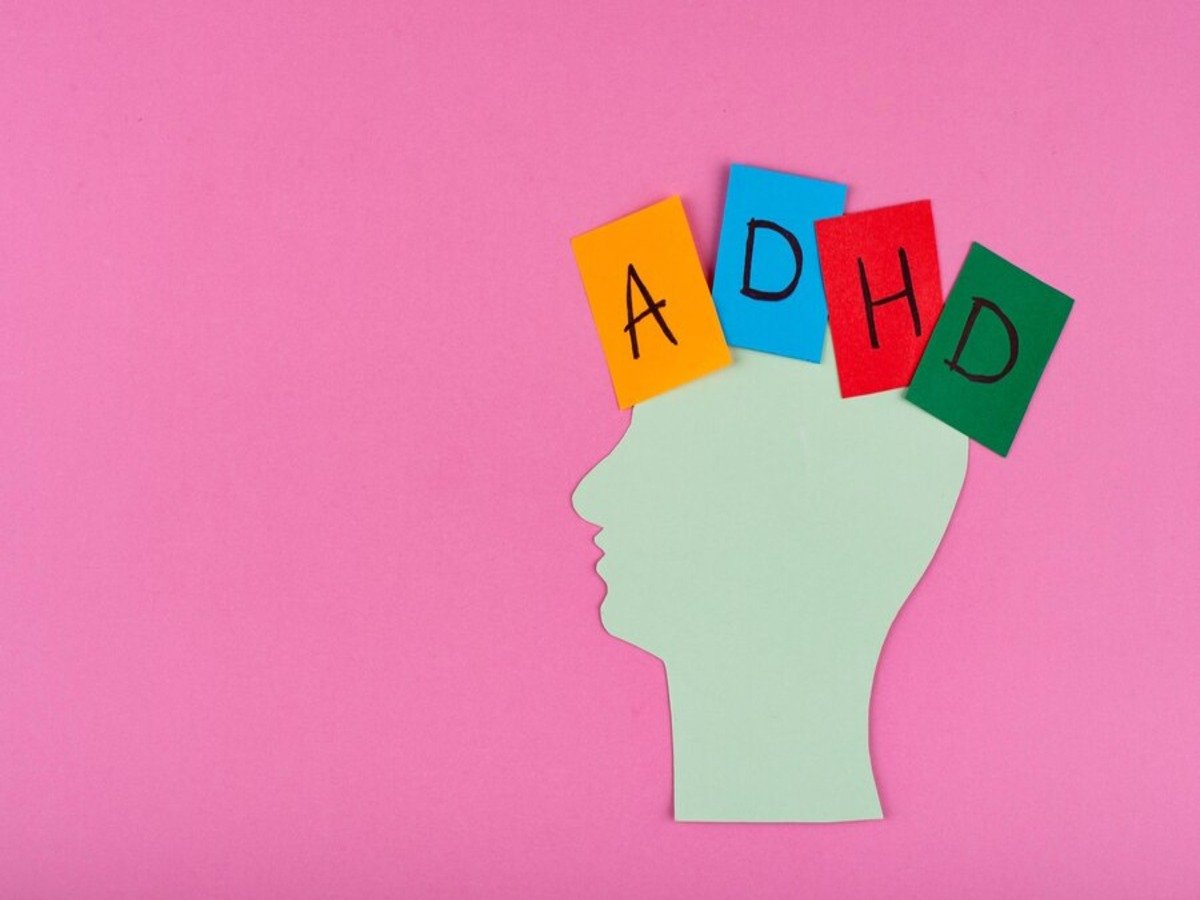A recent study published in the International Journal of Eating Disorders highlights 214 early warning signs of eating disorders in children and adolescents. Researchers from Flinders University found that one-third of Australian children engage in disordered eating behaviors each year, prompting health professionals to encourage prompt action by parents and caregivers.
Professor Tracey Wade, an expert in eating disorders at Flinders University, emphasized the importance of taking parental concerns seriously. She stated, “Children can become severely ill from malnutrition very quickly, no matter their body mass index.” This underscores the urgency for general practitioners (GPs) to assess and address changes in children’s eating habits without delay.
Parents can visit the website Feed Your Instinct, which offers resources designed to help them compile their observations into a report for their GP. Professor Wade noted, “The good news is that most young people who receive early intervention and appropriate treatment for eating disorders tend to recover.”
The study identified the following ten common early warning signs of eating disorders:
1. **Excessive or compulsive exercise**: Engaging in secretive workouts, such as exercising late at night or alone in their room. 2. **Noticeable weight changes**: Any significant loss or gain in weight. 3. **Food obsession**: An abnormal preoccupation with food or food preparation. 4. **Elimination of food groups**: Avoiding major food categories like carbohydrates or dairy. 5. **Dishonesty about eating**: Lying about food intake or claiming to have eaten elsewhere. 6. **Body image fixation**: An obsession with weight, shape, or body size. 7. **Self-induced vomiting**: Engaging in behaviors like self-induced vomiting or showing physical signs of this behavior. 8. **Bathroom habits**: Frequent bathroom visits after meals. 9. **Meal skipping**: Avoiding meals, food gatherings, or situations where food is present. 10. **Rigid eating rituals**: Adhering to strict rules about food, such as eating in a specific order or using particular utensils.
Dr. Jamie-Lee Pennesi, a clinical psychologist and co-author of the study, urged parents to discuss their observations with their children and seek professional evaluations if they notice concerning behaviors. She pointed out that diagnoses of eating disorders in young children are rising and that early signs can lead to serious conditions if left unaddressed.
Parents of children aged 5 to 12 years diagnosed with an eating disorder are invited to participate in an ongoing study through a brief online survey. By raising awareness of these warning signs, the research team aims to empower parents and caregivers to act swiftly and effectively in securing the necessary support for their children.



